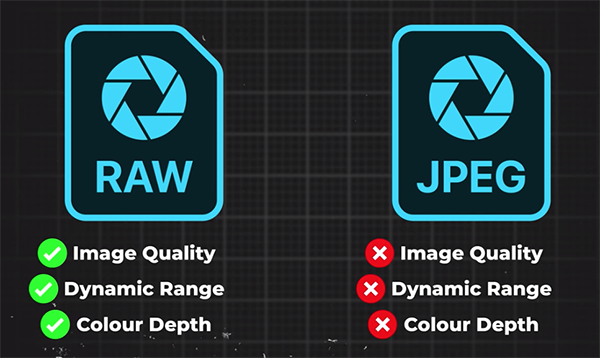Overlooked Camera Settings You Shouldn’t Ignore: 5 Tips in 3 Minutes (VIDEO)
Whether you own a new mirrorless camera or shoot with a long-time friend, choosing the best settings for your style of photography is one key to achieving optimum results. If you’re thinking to yourself, “I’ve already configured my camera properly,” think again because there may be a few oft-ignored camera settings that you should at least try out.
Instructor James Feaver is a professional freelance photographer and post-processing expert whose “Two-Minute Tips” are a favorite among Shutterbug readers. The settings discussed in today’s three-minute episode fall into two categories: those you ignore because you think they’re too complicated, and others that may be totally unfamiliar.
Choosing a camera’s Raw file format falls into the first category and you’ve no doubt heard that from others in the past. Today Feaver attempts to change your mind by demystifying perceived difficulties and explaining why and how Raw images provides superior quality, greater dynamic range, and enhanced color depth.

Another advantage to shooting in Raw is the far greater control this provide s during the image-editing process. If you’re still not convinced, how about taking Feaver’s suggestion and set the camera to capture both Jpegs and Raw photos at once? Doing so should alleviate you fears and enable you to experiment until you decide which approach best meets your needs.
Feaver’s second tip is to turn off a camera’s automatic Image Review function—a default settings he finds “extremely frustrating.” He says that’s because every time you take a photo is appears on the rear LCD for two-four seconds, and that’s really annoying when capturing multiple images in succession.” In fact, even a two-second distraction can keep you from capturing a fleeting moment.
Third on the list is to make sure to set the correct time and date—a simple task that’s the first thing many photographers do when pulling a new camera out of the box. Many of us, however, consider time and dates settings useless, but Feaver just might change your mind with several important reasons you may not have considered.

There are two more camera settings that Feaver strongly recommends and we suggest following his advice. By doing so you’ll likely work faster and capture better photographs. Once you’re finished watching head over to Feaver’s instructional YouTube channel where you’ll find many more very helpful two- and three-minute tips.
One a related note, don’t miss the recent tutorial we posted from another accomplished pro who reveals the best settings to use when outputting black-and-white photographs with your home inkjet printer.




